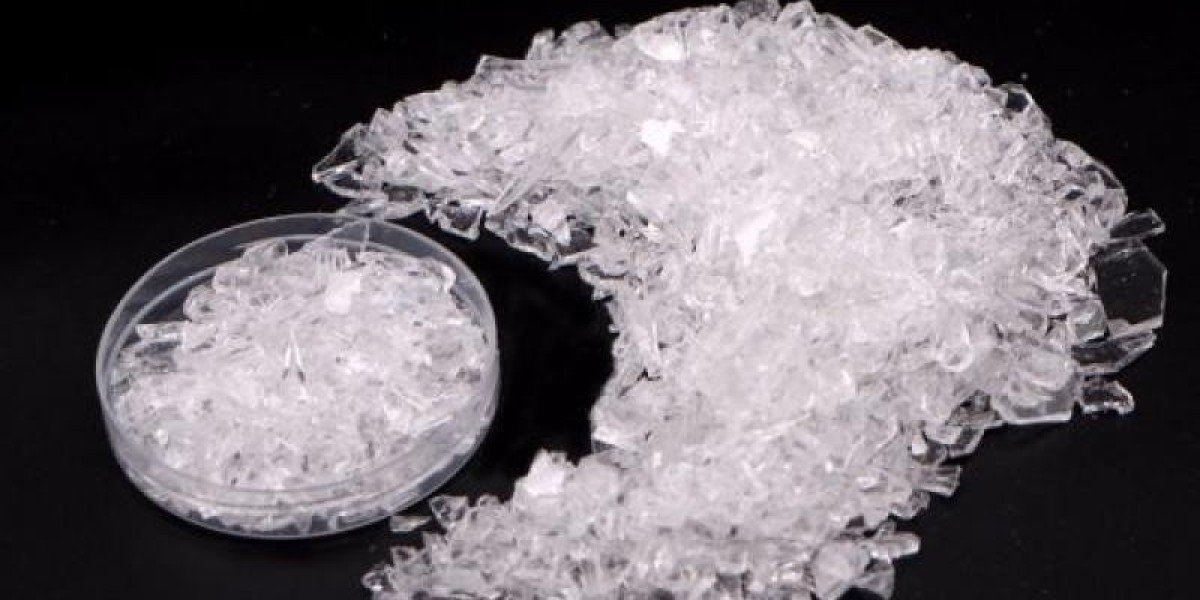Unsaturated polyester resins are thermosetting plastics comprised of esters of polyhydric alcohols and unsaturated polycarboxylic acids. At room temperature, they exist as low to high viscosity liquids but solidify irreversibly when heated in the presence of a catalyst and crosslinker such as styrene.
Chemical Composition
Unsaturated polyester resins are created by esterification polymerization reactions between multifunctional acids or acid anhydrides and diols or polyols. They contain chains of ester linkages interrupted by carbon-carbon double bonds, making them unsaturated.
The polyacids used are usually maleic anhydride or fumaric acid which provide the unsaturated carbon-carbon double bonds. Glycol mixtures like propylene glycol or ethylene glycol act as the polyol component. This produces linear polyesters with pendant vinyl groups along the backbone.
Catalysts like methyl ethyl ketone peroxide or cobalt naphthenate are used to initiate and sustain the polymerization. Crosslinkers like styrene monomers are added to introduce additional rigid vinyl groups across chains and allow them to interlock in a three-dimensional network structure upon curing. Some polyester resin types may also contain additives for properties like flame retardancy or UV resistance.
Metal Reinforced Applications
The ability of Unsaturated Polyester Resins to wet and bond with various fillers allows for diverse reinforced applications. When mixed with glass fibers, these resins form strong, lightweight fiberglass reinforced plastics (FRP) used in boating, corrosion-resistant tanks, and bathtubs. Continuous filament winding creates pipe assemblies while sheet molding creates automotive body panels.
Carbon fiber and Kevlar reinforced unsaturated polyesters offer high strength-to-weight ratios for aerospace and marine components like propeller blades and radomes. Fiberglass hulls and decks for small ships can be sprayed or hand-laid. Aluminum, copper, or zinc particles impart conductivity for radar stealth applications.
Corrosion Resistant Laminates and Coatings
Unsaturated polyester resins form impervious, abrasion-resistant laminates and coatings with good chemical resistance. Tools, tanks, and processing equipment can be lined with these materials to prevent corrosion from acids, alkalis, and salts. Pigmented gel coats provide an attractive, glossy surface finish on FRP products.
Concrete Reinforcement
Adding unsaturated polyester resins to concrete improves crack resistance, flexural strength, and chemical resistance compared to plain concrete. Glass fiber or steel microrebar reinforcement provides tensile strength. These polymer-modified concretes see use in offshore oil rigs, sewage treatment tanks, and bridge overlay materials.
Tooling and Prototyping
Low shrinkage upon cure allows unsaturated polyesters to accurately reproduce details and surfaces when molded. Tooling compounds filled with metallic or mineral fillers find use for rapid prototyping of plastics parts or making master patterns for fiberglass molds. Sheet molding compounds filled with glass bubbles or talc create easily machined models.
Medical and Dental Applications
Biocompatible unsaturated polyesters allow creation of durable prosthetics, orthodontic appliances, and dental restorations. Fiber-reinforced composites provide strength for bone replacement implants while remaining translucent for cosmetic teeth and dentures. Tissue culture plates benefit from chemical inertness and ease of sterilization.
Continued Technological Advances
Newer unsaturated polyester resins have lower styrene emissions, higher heat resistance, and better mechanical properties. Additives enhance ultraviolet resistance, flame retardancy, and weathering qualities. Nanomodified systems show possibilities for self-healing coatings and structures. Future applications may include biodegradable polymer blends, thermoelectric conductive matrices, and additive manufacturing filaments. Unsaturated polyesters remain versatile plastics with ongoing technological adaptations expanding their usage scope.
Get More Insights on Unsaturated Polyester Resins
For Better Understanding, choose preferred language-
French German Italian Russian Japanese Chinese Korean Portuguese
About Author-
Vaagisha brings over three years of expertise as a content editor in the market research domain. Originally a creative writer, she discovered her passion for editing, combining her flair for writing with a meticulous eye for detail. Her ability to craft and refine compelling content makes her an invaluable asset in delivering polished and engaging write-ups.
(LinkedIn: https://www.linkedin.com/in/vaagisha-singh-8080b91)










